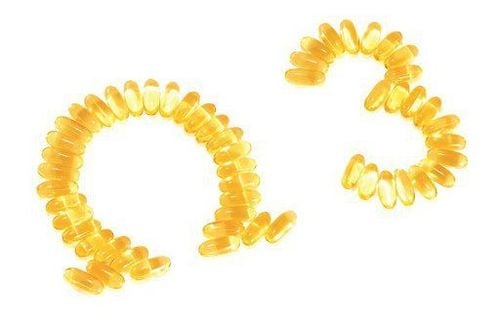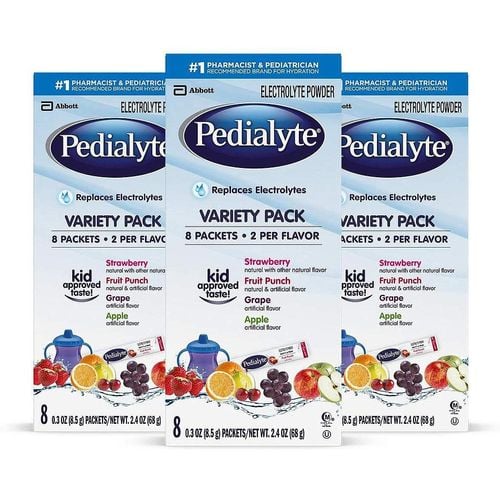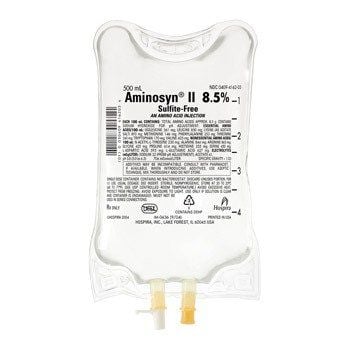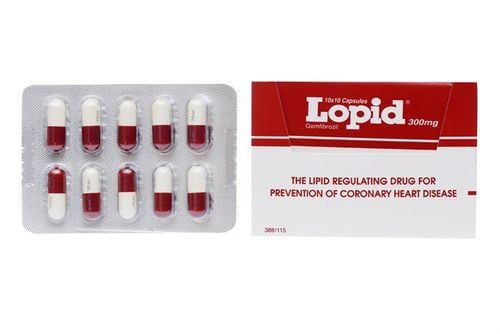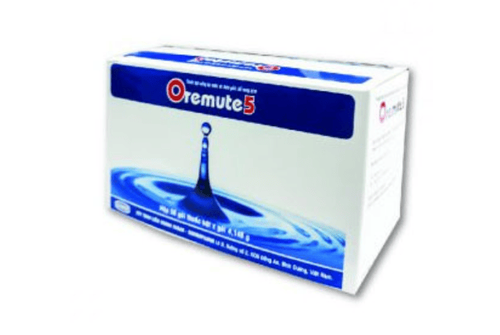This is an automatically translated article.
Taking care of children's eating and drinking for children who play sports will use a menu that is not only diverse in the amount of food but also has to meet the full range of nutrients, as well as a balanced ratio between them. So how to properly and sufficiently implement these cases?1. Nutrition for children to practice a lot
There's more to eating while exercising than cutting out carbs or using sports drinks. Eating to reach your child's peak performance level may not require a special diet or supplement. It's all about including the right foods in your child's exercise plan in the right amounts.Teen athletes have unique nutritional needs. Because athletes exercise more than their less active peers, they often need extra calories to fuel both their athletic performance and growth. Depending on their activity level, teen athletes may need between 2,000 and 5,000 total calories per day to meet their energy needs.
So what if teen athletes don't eat enough? A child's body is less likely to be at peak performance and may even break down rather than build muscle. Athletes who don't take in enough calories each day won't be as fast and healthy as they could be and may not be able to maintain their weight. And excessive calorie restriction can lead to growth problems and other serious health risks for both men and women, including an increased risk of fractures and other injuries. Therefore, it is necessary to have a nutritious diet for children to exercise a lot.
2. Diet for children to practice sports
Since teen athletes or gym kids need extra fuel, dieting is often a bad idea. Athletes in weight-focused sports, such as wrestling, swimming, dance or gymnastics, may feel pressure to lose weight, but they need to balance their choices. with the possible negative side effects mentioned above. So, the issue of what children do sports eat plays an important role.If a coach, gym teacher or teammate says your child needs to go on a diet, talk to their doctor first or see a dietitian who specializes in teen athletes. If a health professional you trust agrees that dieting is safe, they can work with you to develop a plan that will allow you to get the right amount of nutrients and get the most out of them. while also losing weight.
2.1. Eat a variety of foods You've probably heard of carbs before playing games. But when it comes to fueling the game in the long run, you should focus on just one food.
Carbohydrates are an important source of fuel, but they are just one of many foods an athlete needs. It also needs vitamins, minerals, protein and fat to maintain peak performance.
2.2. Important Muscle Minerals and Vitamins Calcium helps build strong bones that athletes depend on, and iron carries oxygen to muscles. Most teens don't get enough of these minerals, and that's especially true of teen athletes because their needs may even be higher than those of other teens.
To get the iron you need, eat lean meat, fish and poultry (not high in fat); Green leafy vegetables; and iron-fortified cereals. Calcium, needed to protect against stress fractures, is found in dairy foods, such as low-fat milk, yogurt, and cheese.
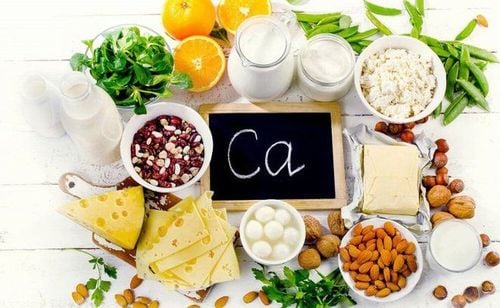
Canxi giúp xây dựng hệ xương chắc khỏe mà các vận động viên phụ thuộc vào
2.3. Protein Energy Athletes may need more protein than inactive teens, but most teen athletes get plenty of protein through regular eating. There is a myth that athletes need large amounts of protein daily to build large and strong muscles. Muscle growth comes from regular and hard training. And consuming too much protein can actually harm the body, causing dehydration, calcium loss, and even kidney problems.
Good sources of protein are fish, lean meat and poultry, eggs, milk, nuts, soybeans and peanut butter.
2.4. Carbohydrates Carbohydrates provide athletes with an excellent source of fuel. Cutting carbs or following a low-carb diet is not a good idea for athletes because restricting carbohydrates can make a person feel tired and exhausted, which ultimately affects their health. efficiency.
Good sources of carbohydrates include fruits, vegetables and whole grains. Choose whole grains, such as brown rice, oatmeal, and wholemeal bread, more often than processed varieties like white rice and white bread. That's because whole grains provide both the energy athletes need to perform as well as the fiber and other nutrients they need to stay healthy.
Sugary carbs like candy bars or soft drinks are less healthy for athletes because they don't contain any of the other nutrients you need. Additionally, eating candy bars or other sugary snacks right before practice or competition can give athletes a quick burst of energy and then cause them to collapse or run out of energy before finished practicing.
2.5. Fat Everyone needs a certain amount of fat each day, and this is especially true for athletes. That's because working muscles quickly burn carbs and need fat for lasting energy. Like carbs, not all fats are created equal. Experts advise athletes to focus on eating healthier fats, such as the unsaturated fats found in most vegetable oils, some fish, and nuts. Try not to eat too many trans fats like partially hydrogenated oils and saturated fats, found in fatty meats and high-fat dairy products, like butter.
Choosing when to eat fat is also important for athletes. Fatty foods can slow digestion, so you should avoid eating these foods for a few hours before and after exercise.
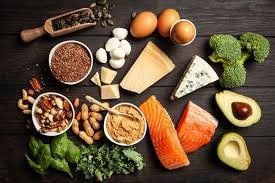
Bạn nên tránh để trẻ ăn các thực phẩm nhiều chất béo trong vài giờ trước và sau khi tập thể dục
Other types of supplements can actually do some damage.
Anabolic steroids can seriously mess with a person's hormones, causing side effects such as testicular shrinkage and baldness in boys and facial hair growth in girls. Steroids can cause mental health problems, including depression and severe mood swings. Some supplements contain hormones related to testosterone (such as dehydroepiandrosterone, or DHEA for short). These supplements can have the same side effects as anabolic steroids. Other sports supplements (such as creatine) have not been tested in people under 18 years of age. So the risks of taking them are unknown. Salt tablets are another dietary supplement to watch out for. People take them to avoid dehydration, but salt tablets can actually lead to dehydration. In large amounts, salt can cause nausea, vomiting, cramps, diarrhea, and can damage the lining of the stomach. In general, it's better to drink plenty of water to stay hydrated. Any salts you lose in sweat can often be made up of sports drinks or post-exercise foods. 2.7. Dehydration Water is just as important as food to unlock your game power. When you sweat during exercise, it's easy to become overheated, uncomfortable, and tired, especially in hot or humid weather. Even mild dehydration can affect an athlete's physical and mental performance.
There is no one-size-fits-all formula for how much water to drink. The amount of fluid each person needs depends on the individual's age, size, level of physical activity, and ambient temperature.
Experts recommend that athletes take it before and after training as well as every 15 to 20 minutes during training. Don't wait until you feel thirsty, as thirst is a sign that your body has been in need of fluids for a while. But don't force yourself to drink more water than you might need. It's hard to run when there's a lot of water in your stomach!
If you like the taste of sports drinks more than regular water, then you can drink them. But it's important to know that sports drinks are actually no better for you than plain water unless you're exercising for more than 60 to 90 minutes or in really hot weather. Supplemental carbohydrates and electrolytes can improve performance in these conditions, but otherwise your body will work just as well with water.
Avoid carbonated drinks or juices as they can give you stomach upset during competition. Never drink energy drinks before exercising. Energy drinks contain large amounts of caffeine and other ingredients that have caffeine-like effects.
2.8. Caffeine Caffeine is a diuretic. That means it causes a person to pee more. It's not clear if this causes dehydration, but to be on the safe side, you should steer clear of too much caffeine. That's especially true if you're exercising in hot weather.
When it comes to caffeine and exercise, it's good to weigh any benefits against potential problems. Although some studies show that caffeine can help adults perform better in endurance sports, other studies show that too much caffeine can be harmful.
Caffeine increases heart rate and blood pressure. Too much caffeine can make athletes feel nervous or jittery. Caffeine can also make it difficult to sleep. All of these can reduce a person's athletic performance. Plus, taking certain medications — including supplements — can make the side effects of caffeine even worse.
Never drink energy drinks before exercising. These products contain large amounts of caffeine and other ingredients that have caffeine-like effects.
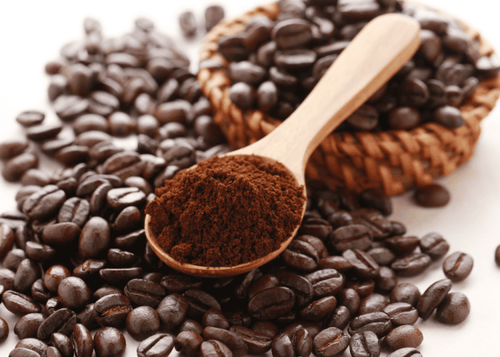
Quá nhiều caffeine có thể khiến vận động viên cảm thấy lo lắng hoặc bồn chồn
3. Meals on sports day
Your child's performance on game day will depend on the foods he or she has eaten in the past few days and weeks. But kids can boost their performance even more by paying attention to what you eat on game day. Try to follow a race day diet rich in carbohydrates, moderate in protein and low in fat.Here are some guidelines for what to eat and when:
Eat a meal 2 to 4 hours before a game or event: Choose a meal with protein and carbohydrates (like turkey or chicken sandwiches , cereal and milk, chicken noodle soup and yogurt, or pasta with tomato sauce). Snack less than 2 hours before the game: If you haven't eaten before the game, be sure to have a snack such as a fruit or vegetable low in fiber (such as plums, melons, cherries, carrots), crackers, bread round or low-fat yogurt. Consider not eating anything for an hour before a game or practice because digestion requires energy - energy the child wants to use to win. Also, eating too soon before any activity can leave food in your stomach, leaving you feeling full, bloated, cramping, and sick. Each case will be different, so find out what works best for your child. You may want to experiment with timing and how much to eat on practice days to better prepare for competition day.
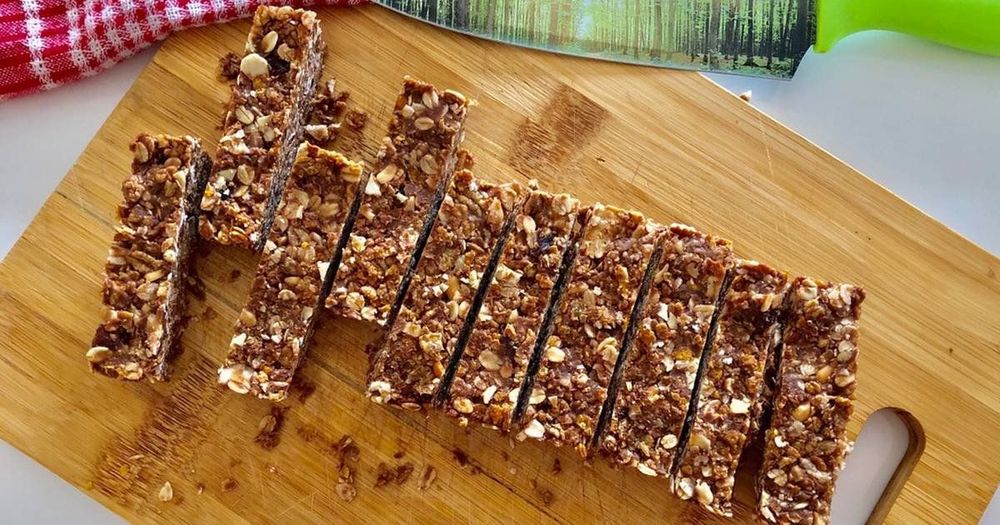
Có thể cho trẻ ăn nhẹ như trái cây, bánh quy trước trận thi đấu 2 giờ
Please dial HOTLINE for more information or register for an appointment HERE. Download MyVinmec app to make appointments faster and to manage your bookings easily.
Reference source: kidshe



